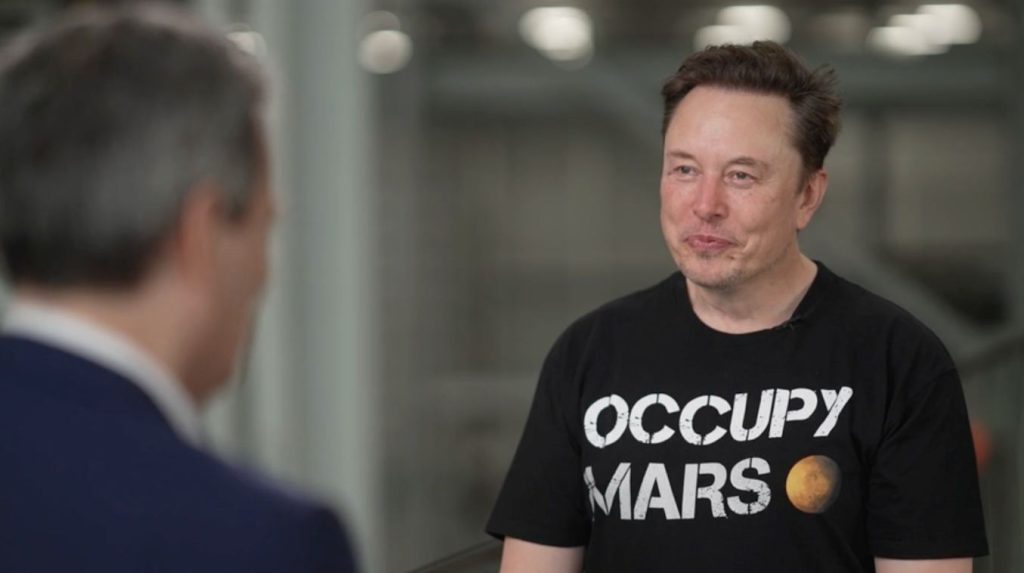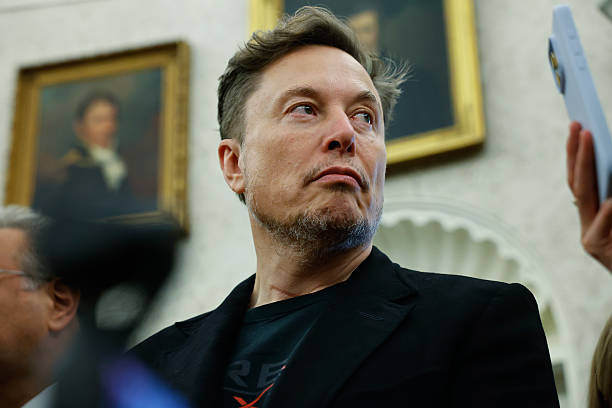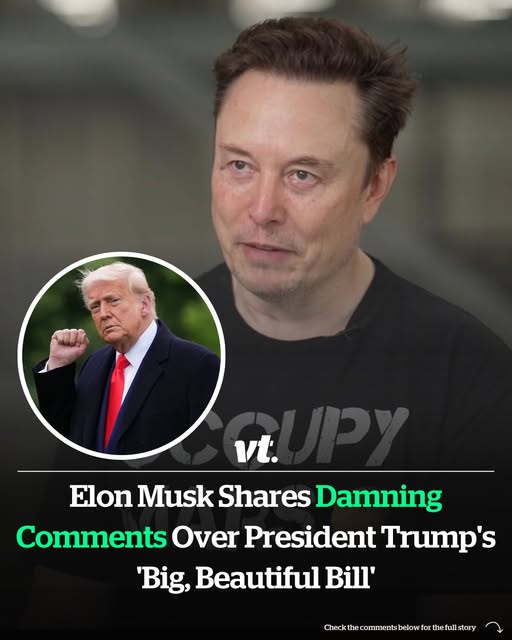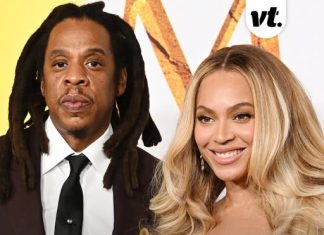Elon Musk has publicly criticized President Donald Trump’s “One Big Beautiful Bill Act,” marking a significant shift in their previously close relationship. This legislation, which narrowly passed the House of Representatives, aims to extend the 2017 tax cuts, increase defense spending, and implement stricter work requirements for Medicaid recipients. However, Musk argues that the bill undermines fiscal responsibility and the efforts of the Department of Government Efficiency (DOGE), which he once led.
From Ally to Critic
Musk had been a prominent supporter of Trump’s administration, even leading DOGE with a mission to cut federal spending by $1 trillion. His tenure included efforts to reduce foreign aid and the government workforce, moves that sparked protests and boycotts against Tesla. Despite these challenges, Musk defended his role, stating: “I did what needed to be done.” However, in a recent interview with CBS News, Musk expressed disappointment with the new bill, stating, “I think a bill can be big or it can be beautiful. But I don’t know if it can be both.” He criticized the legislation for increasing the federal deficit, which contradicts the goals of DOGE.

Fiscal Concerns
The Congressional Budget Office estimates that the “One Big Beautiful Bill Act” could add approximately $3.8 trillion to the national debt over the next decade. Musk emphasized that government spending equates to taxation, either directly or through inflation, which disproportionately affects those with lower incomes. Despite DOGE’s reported $160 billion in savings from shutting down 11 federal agencies and reducing the federal workforce by 250,000, overall government spending has risen. Musk argues that the new bill undermines these efforts and exacerbates the federal deficit.
Political Implications
Musk’s public criticism has sparked speculation about a rift between him and President Trump. The Tesla CEO had previously donated over $250 million to Trump’s re-election campaign and was considered a close ally. However, his recent statements indicate a growing dissent among the president’s supporters. The bill’s passage in the House was narrow, with a 215–214 vote, and it now faces scrutiny in the Senate. Some Republicans are demanding deeper spending cuts or objecting to specific provisions, including Medicaid reductions and rollbacks of tax credits from the Inflation Reduction Act.
Broader Impact and Public Reaction
Musk’s remarks have sparked a wave of public discourse, not only among political analysts but also across social media platforms. Supporters of the bill argue that it provides much-needed tax relief and boosts military funding in a time of global uncertainty. Critics, however, echo Musk’s concerns, warning that the long-term economic consequences could outweigh short-term gains. Some economists suggest the bill lacks a clear roadmap for sustainable deficit reduction. The public appears divided, with growing calls for increased transparency and accountability in government budgeting. As debate intensifies, Musk’s voice adds further pressure on lawmakers to reconsider the bill’s structure.

Conclusion
Elon Musk’s shift from a key supporter to a vocal critic of President Trump’s “One Big Beautiful Bill Act” highlights the complexities of fiscal policy and political alliances. As the bill moves to the Senate, its future remains uncertain, and Musk’s influence continues to shape the national conversation on government spending and efficiency.

















